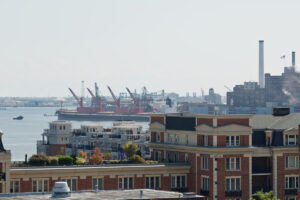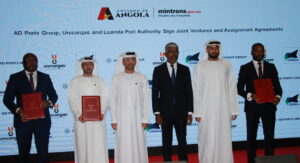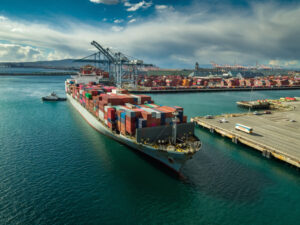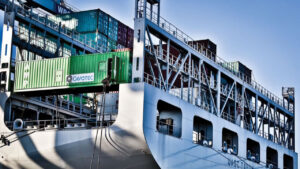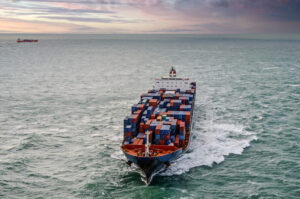A total of seven companies have now secured compliance with the Digital Container Shipping Association’s (DCSA) Internet of Things (IoT) connectivity interface standards for shipping containers.
The new standards were first published in June 2020 and since then several companies have announced compliance including Orbcomm, Globe Tracker, Traxens, Nexxiot, Wirepas, Emerson and LoRA alliance.
The development of IoT container standards has been sorely needed for some time, said Globe Tracker, an IoT provider in the cold chain, in a statement. Globe said it has tens of thousands of fully compliant devices that will be produced in 2020 and deployed on reefer containers across the globe.
Nexxiot, a provider and developer of digital supply chain management solutions, said it supports DCSA’s mission to drive technology standards and frameworks that enable carriers to bring innovative solutions to market and ensure vendors offer interoperable technology.
Wirepas CEO, Teppo Hemiä, said in a statement, “Wirepas embraces standards and open API’s and has goals for global interoperability. Being compliant with the DCSA standard helps us further achieve the goals.
“We believe our offering helps the DCSA members to connect the smart containers in a cost-efficient and reliable way. With the connections, the smart containers become a global proxy to connect the actual shipments inside. That’s the power of highly scalable and fully de-centralized networking.”
The company said that its compliance it is a significant step in the company’s efforts for IoT adoption and development in the container industry.
Following Emerson’s Transportation Solutions meeting the standards, Brian Robertson, VP Sales and Support at the company said in a statement, “carriers and supply chain participants will be one step closer to providing customers with an uninterrupted flow of relevant information regarding the whereabouts of containers and the status of their contents at any point along their journey.”
In its commitment to the standards Traxens expanded on the radio interface recommendations for the networks’ Physical and Media Access Control (MAC) layers.
Radio interfaces are used to establish wireless communications between IoT container solutions and gateways onboard vessels at sea and in static and moving environments on land.
The DCSA has defined radio interface recommendations for three use cases: reefer sensor data monitoring, tracking and remote control; dry container sensor data monitoring and tracking; and automatic electronic container registration, Traxens explained.
The new standards are the first of three planned IoT standards releases addressing the connectivity requirements for reefer and dry containers, as well as the RFID registration of these containers.
Future releases will focus on data structure and handling, physical device specifications as well as security and access management.


